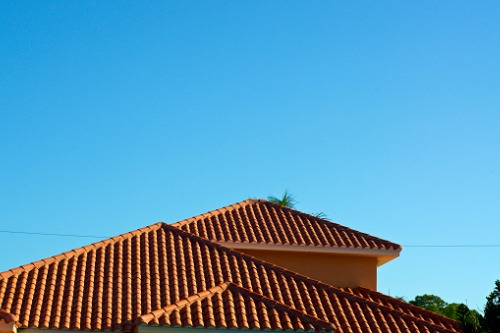

As Florida continues to grapple with increasing weather damage claims and rampant insurance fraud, more insurers are refusing to cover homes with roofs over 10 years old.
The number of lawsuits filed against Florida’s top 44 insurers has continued to increase, data from the state Department of Financial Services said, totaling 44,325 during the first six months of 2021, compared to about 30,000 during the same period in each of the three previous years. Allegations of fraud amid the lawsuits, and its effect on rising premiums, have led the state to pass a bill to control runaway insurance costs.
But apart from the severity and frequency of roofing claims making insurance more expensive, insurers are also increasingly unwilling to write new policies with asphalt shingle roofs that are over 10 years old. An insurer which asked not to be identified told South Florida Sun Sentinel it had identified at least four companies unwilling to insure shingle roofs more than 10 years old, two that had a cut-off at 12 years, and three that would not insure homes with 15-year-old roofs. The data was based on a review of information submitted to the state’s insurance regulators.
Since the list was made in January, several of the companies approached the Office of Insurance Regulation to ask if they could lower their roof cut-off ages, but the regulator pushed back against such decisions, the insurance contact noted.
According to Paul Handerhan, president of the Federal Association for Insurance Reform, “the outlook is bleak” for consumers in Florida who are caught in between this mess.
“But you can’t force insurance companies to write business they can’t write. If the law suddenly required companies to cover homes with older roofs, you’d be risking the company’s solvency and that wouldn’t do anyone any good, because, after a catastrophe, they’d be going bankrupt and no-one would get paid,” Handerhan told South Florida Sun Sentinel.
Handerhan added that insurers do not care if a 10- or 12-year-old roof is still functional; the issue is that they see homes with older roofs as most likely to be targeted by roofing contractors looking for big payouts; eliminating older roofs from their books of business is the easiest way to avoid costly claims.
